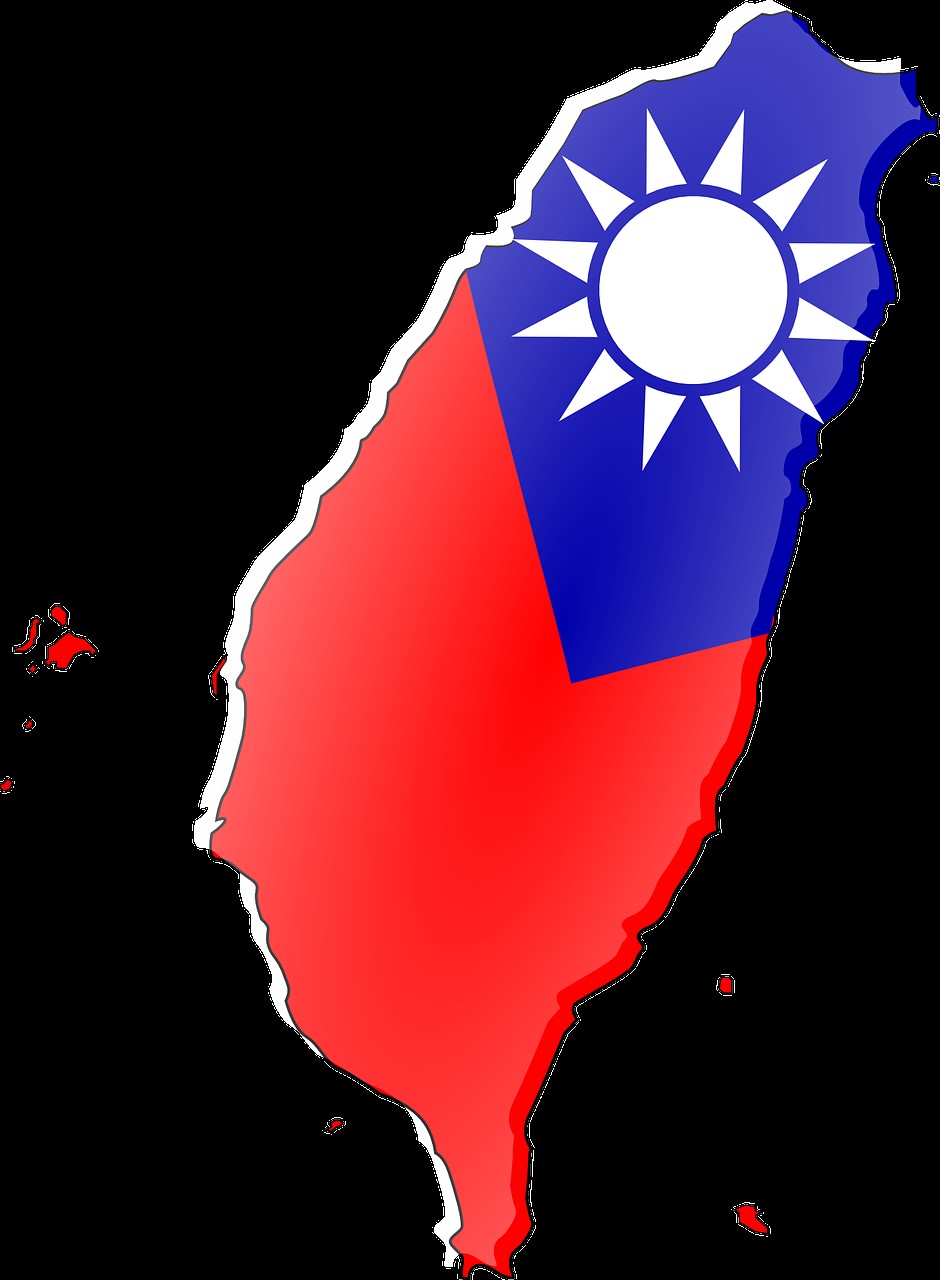Soul and root 灵魂与根 (línghún yǔ gēn) may sound uplifting to some, but for those living in Taiwan it is a source of great concern. The expression, long used by the Chinese Communist Party (CCP) leadership to invoke a sense of unity as it relates to China’s cultural heritage, has a more prescriptive intent today. At a Politburo study session in June, President Xi Jinping declared “We must not abandon Marxism as our soul or China’s excellent traditional culture as our root.” Only a year ago, the expression stood only for “cultural heritage.” By this summer the CCP had finished reframing the phrase soul and root and presented it to the nation as the theme of the 102nd anniversary of the founding of the CCP. What has changed over the past year? Soul and Root is now a neonationalist call to the Chinese people to unite Taiwan with the People’s Republic of China. President Xi needs the backing of the populace to force Taiwan under Beijing’s governance and to carry out his vision of remaking the international, rules-based order to favor China’s vision of it place in the world.
In October, Chinese Air Force fighter jets, bombers, and UAVs penetrated Taiwan’s Air Defense Identification Zone (ADIZ) over 142 times, with 358 aircraft crossing the median line surrounding Taiwan. Chinese intrusions were not limited to the air, its Navy (PLAN) also sent an aircraft carrier, support, and allied ships through the Bashi Channel into the Pacific. The waterway is located between Taiwan and the Philippines, with Taiwan’s Orchid Island to the north and the Philippine’s Botel Tobago to the south. It is a sensitive region containing numerous underseas communications cables, a maritime commerce route, and a critical channel Taiwan uses for its military ships leaving the South China Sea and entering the Pacific Ocean. Although claimed by both Taiwan and the Philippines, this channel effectively provides the Taiwanese navy the vital strategic depth and operational space it will need in the event of a kinetic battle with China. It also allows Taiwanese submarines to avoid the shallow depths of the East China Sea, which are heavily patrolled by China.
For Beijing, the region plays an important role in its geopolitical ambitions and serves as a chokepoint that allows China the control essential for operational mobility of its rapidly expanding submarine fleet. As China extends its global power projection, the Bashi Channel has emerged as the center of its Soul and Root appeal. There are many disputed islands in the Channel claimed by China. Any increase in Chinese control of the area could represent a tipping point for Beijing’s economic and security interests, and end in heavily isolating Taiwan from the global economy. East Asian maritime trade depends on the Channel to sustain the current volume and velocity of global trade. Any disruption to the route will increase tensions with China and negatively impact shipping costs and it reverberates down the global supply chain.
Japan and South Korea depend heavily on the Bashi Channel as a transit route for importing the energy needed to keep their economies running. Any disruption has the potential to spur a global energy crisis. China’s Soul and Root campaign could disrupt the peace and stability in East Asia at a time when the United States is distracted by military crises in other areas of the world. One question many analysts in Washington are discussing this week is, Was this China’s intention all along? With world attention turned toward Russia’s war in Ukraine and now the dire situation in the Middle East, China could use this time to further its global ambitions.
Daria Novak served in the U.S. State Dept.
Illustration: Pixabay
